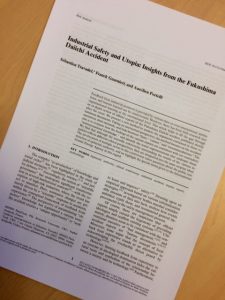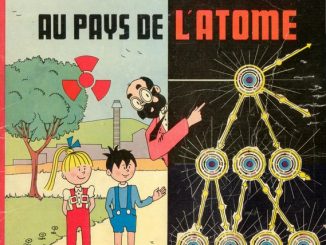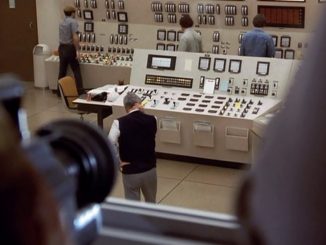 La revue Risk Analysis vient de publier un article de Sébastien Travadel, Franck Guarnieri et Aurélien Portelli sur l’analyse des rapports d’enquête sur l’accident de Fukushima Daiichi, dont voici le résumé :
La revue Risk Analysis vient de publier un article de Sébastien Travadel, Franck Guarnieri et Aurélien Portelli sur l’analyse des rapports d’enquête sur l’accident de Fukushima Daiichi, dont voici le résumé :
Feedback from industrial accidents is provided by various state or even international, institutions, and lessons learned can be controversial. However, there has been little research into organizational learning at the international level. This article helps to fill the gap through an in-depth review of official reports of the Fukushima Daiichi accident published shortly after the event. We present a new method to analyze the arguments contained in these voluminous documents. Taking an intertextual perspective, the method focuses on the accident narratives, their rationale, and links between “facts,” “causes,” and “recommendations.” The aim is to evaluate how the findings of the various reports are consistent with (or contradict) “institutionalized knowledge,” and identify the social representations that underpin them. We find that although the scientific controversy surrounding the results of the various inquiries reflects different ethical perspectives, they are integrated into the same utopian ideal. The involvement of multiple actors in this controversy raises questions about the public construction of epistemic authority, and we highlight the special status given to the International Atomic Energy Agency in this regard.
L’article est accessible en open access sur le site de Risk Analysis







